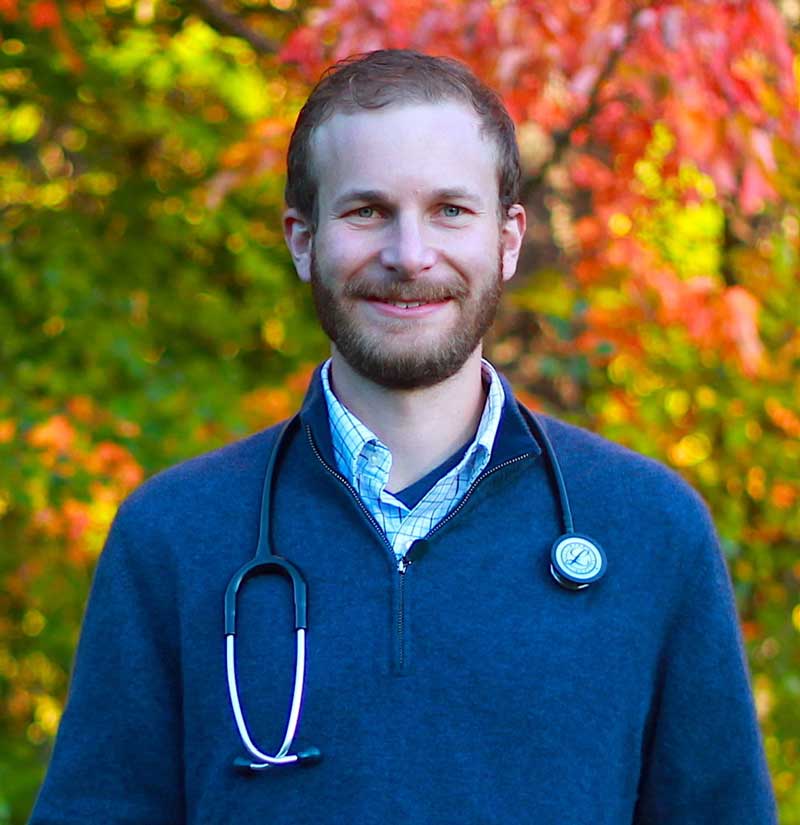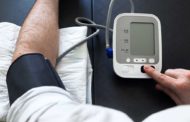By Oren Gersten, M.D.
Plenty of people have heard of the placebo effect. How many have heard of the nocebo effect? The dictionary defines nocebo as a detrimental effect on health produced by psychological or psychosomatic factors such as negative expectations of treatment or prognosis. Translated to layman’s terms this means someone becomes sick or feels unwell due to a perception that they are going to have a bad experience. This is well studied phenomena although no one is quite sure why it happens.
Here is a great example. In 2010 researchers looked at couples who were enrolled in a study to measure the effect of positive interactions on healing. After receiving a small skin injury couples were rated on the positivity of their interactions over the course of the next 30 minutes. Couples with more positive interactions healed their skin injuries faster than those with negative interactions.*
In modern health care almost everyone has had a bad or stressful experience with the health care system. This goes beyond people simply becoming sick and feeling crummy. It extends to spending minutes and sometimes hours on the phone to get simple questions answered. This includes getting frighteningly high medical bills months after care. It includes feeling rushed through medical visits and not feeling listened to. It may even go so far as people feeling like they don’t deserve to feel healthy because they can’t afford insurance or its not offered through their job.
It would be easy to brush off these experiences as “unavoidable challenges of a complex health care system” but that would be to minimize their impact. What are these experiences doing to our collective psyche and wellness? If we know that expectations can influence health for better or worse, we should be doing everything we can to optimize positive emotions in every health care interaction.
To reflect the nocebo concept back on our health care system it’s not a stretch to see how that system could be making us sick just by the mere fact that it’s so hard to deal with. I see this every day as a primary care doctor. People come into visits amped up because they know that there is a limited amount of time in which to get their concerns addressed. I see people paralyzed by the fear that seeking medical care will bankrupt them (66% of bankruptcies in the US are tied to medical issues). I also hear about the less than favorable experiences people have waiting for hours in emergency rooms or waiting months for a medical referral.

Our medical system is not only dysfunctional, it’s making us sick. It’s not enough for our health care system simply to prevent people from dying. We need a system that values us enough to inspire wellness.
*Gouin, Jean-Philippe et. al. “Marital Behavior, Oxytocin, Vasopressin, and Wound Healing,” Psychoneuroendocrinology. 2010 August; 35(7): 1082–1090.
Oren Gersten is a board-certified family doctor who brings his passion for connecting and caring for people to his private practice, Portland Direct Primary Care.



